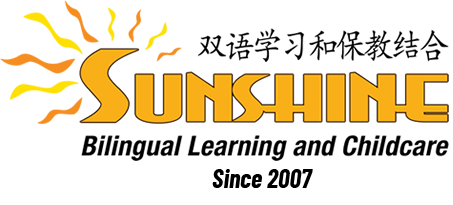As parents, we want to always support our children’s learning experiences, and one of the best ways to do this is by providing them with fun and exciting activities that can be done at home. For preschoolers, play is critical to their development, and with a few simple materials, parents can turn playtime into an opportunity to learn new skills and concepts. Here are 10 fun and easy activities that parents can use to support their preschooler’s learning at home!
1. Storytime: Reading to your children is a great way to build literacy skills and encourage a love of books. Choose age-appropriate stories with engaging characters and plotlines that will capture their imaginations. Don’t forget to ask questions and talk about the story as you read.
2. Sensory Bins: Fill a bin with various materials such as rice, pasta, or beans, and let your child explore them with their hands. You can even add small toys or objects that start with a certain letter or color to help them practice vocabulary and recognition.
3. Sorting Games: Get a few plastic cups or bowls and a variety of small toys or objects. Ask your child to sort the items by size, shape, color, or type.
4. Scavenger Hunt: Create a scavenger hunt with a list of items for your child to find around your home or backyard. This activity encourages critical thinking and observation skills.
5. Math with Nature: Gather rocks or leaves and use them for counting or sorting exercises. You can also create patterns or shapes with them.
6. Role-Playing: Encourage your child to use their imagination and role-play different scenarios like cooking, grocery shopping, or going to the doctor. This activity helps build social-emotional skills and language development.
7. Art Projects: Provide your child with various art materials like paint, crayons, or pastels, and let them explore their creativity. You can also integrate letters or numbers by asking them to draw or paint something that starts with a certain letter or make a certain number of dots on the paper.
8. Puzzles and Games: Puzzles and board games are excellent tools for building problem-solving skills, spatial awareness, and fine motor skills. Choose age-appropriate options and play as a family to make it more fun.
9. Letter and Number Recognition: Use flashcards or a whiteboard to practice identifying letters and numbers. You can also use household items or toys to make the experience more engaging, like spelling out a word with blocks or counting toy cars.
10. Music and Movement: Play some music and encourage your child to dance or move along with the beat. This activity promotes physical development and coordination skills, as well as fostering an appreciation for music.
In conclusion, these activities are simple, engaging, and can be done with materials readily available at home. Incorporating them into your child’s daily routine can help support their learning and development, while also providing enjoyable and memorable experiences for the whole family.
